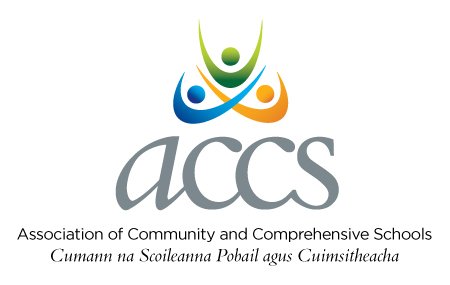20. Bank Accounts
Last updated: Tue, Sep 20th, 2016 6:46:16 pm
20.1 It is recommended that the number of bank accounts be kept to a minimum. This is essential from a control perspective.
20.2 In general, the Board must ensure that all bank accounts under its control are held in the same bank branch. In exceptional circumstances, it may be permissible to open an account at a second bank branch in which case there must be a minuted decision of the Board.
20.3 The Board must maintain one bank account to make payments from and to receive income into the school fund. This account should only be used for income and expenditure transactions in respect of the school budget which are appropriate to the account. The Board must inform the Minister of the bank in which this account is held and the account number. Any change must be notified to the Department without delay. The decision to make such a change must be formally noted in the Minutes of a meeting of the Board.
20.4 In addition to the school fund account, separate bank accounts must be used for the Adult Education Programme, Book Grant Scheme, Book Rental Scheme and other school activities approved by the Board.
20.5 All original bank statements and other related documentation must be retained in the school and must be available for inspection by Department officers.
20.6 The Board should ensure that there are adequate controls over bank accounts.
Procedures should include:-
ensuring that bank statements should not be addressed to a named individual in the school but be addressed to "The Principal".
separate monthly bank reconciliations for all accounts
availability of bank statements to the Board and/or the Finance Committee
control over cheque books, signature stamps and signatories panel
notification of cheque signatories and any subsequent changes to the bank
controls to ensure that accounts opened for special activities with a limited lifespan are closed when the activity has ended. All dormant accounts should be closed.
20.7 Guidance regarding appropriate controls in relation to On-Line Banking
In line with the auditing principle of segregation of duties, key financial duties and responsibilities need to be divided or segregated among different people to reduce the risk of error or fraud. No one individual should control all key aspects of a transaction - the responsibilities for authorising banking transactions, processing and recording them, reviewing the transactions, and handling any related paperwork should be allocated among a number of staff.
The security structure of an online system requires that there are different user levels. Great care should be taken in assigning the role of Administrator to trusted individuals, as these officials will have access to assign responsibilities to staff and access to set up bank accounts.
Adequate and suitable as well as regular / random management checks should be built into the organisations financial processes so as to ensure the activity on the bank account as well as the transactions flowing through the bank account are reviewed and reconciled against financial statements. This will help to ensure that only appropriate activity is carried out on the bank account.
Security of Passwords/Access to banking on line is critical - all staff involved have to take responsibility for their passwords and to ensure that it is known only to themselves so that it cannot become compromised. If the user becomes concerned that anyone else has knowledge of their password, then he/she should immediately request a new password. The transactions on the account should be reviewed promptly against master records to cross check the veracity of the bank records.
Consideration should be given to the set up of pre-defined beneficiary accounts, to limit the scope for both error and fraud, so that staff may only transfer funds to pre agreed accounts, which have been set up by the Administrators.
The operation of the accounts should be reviewed annually in the context of financial risk to the school. (this could be incorporated in the Risk Register).

